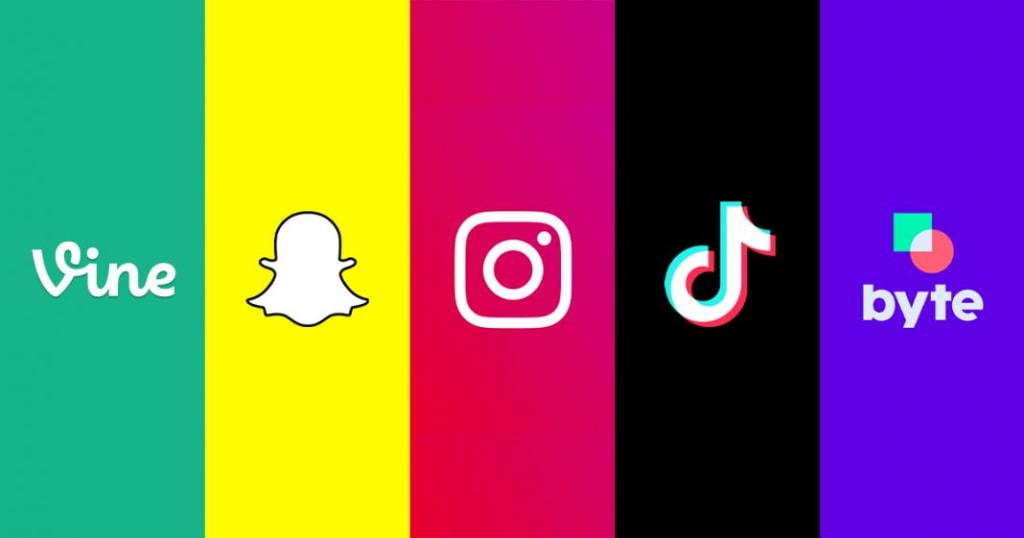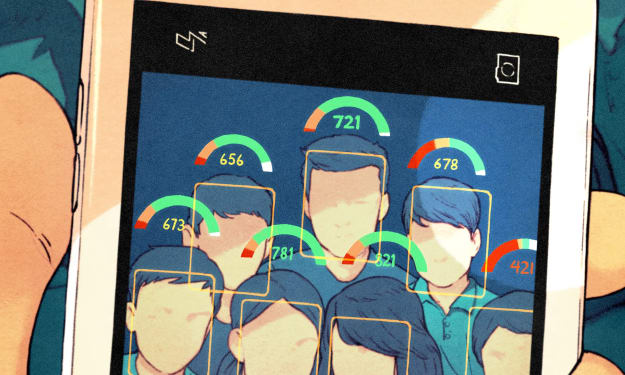TikTok Like Apps
A Tool for Promoting Nudity, Bad Thinking and Harassment

The rise of social media platforms has transformed the way we communicate and interact with others. TikTok, a video-sharing app, has become increasingly popular among users of all ages, with over 1 billion active users worldwide. However, the app has come under scrutiny for promoting nudity, bad thinking, and harassment. In this article, we will explore how TikTok and other similar apps can be a tool for promoting such behavior.
Promoting Nudity:
One of the most concerning issues with TikTok and other similar apps is the promotion of nudity. The app allows users to upload short videos of themselves, and many users take advantage of this to post videos of themselves in revealing clothing or without clothes. This can lead to young users being exposed to sexual content, which can have negative effects on their mental health.
In addition, some users have used the app to promote sexual content, which can lead to the sexualization of minors. TikTok has made attempts to address this issue by banning accounts that violate their community guidelines, but the problem persists.
Bad Thinking:
Another issue with TikTok and other similar apps is the promotion of bad thinking. The app encourages users to create and share content, and some users take advantage of this to spread false information or promote negative stereotypes. This can lead to the spread of misinformation and can perpetuate harmful beliefs.
Furthermore, the app can create an environment that encourages users to prioritize likes and views over authenticity and honesty. This can lead to users creating content that is meant to gain popularity, rather than promote positive messages.
Harassment:
TikTok and other similar apps can also be a tool for promoting harassment. Users can comment on other users’ videos, and some users use this feature to harass or bully others. This can lead to a toxic environment for users, especially young users who may not know how to handle such situations.
In addition, the app can also be used to promote hate speech and discrimination. Users can create videos that promote negative stereotypes or spread hateful messages, which can lead to the further marginalization of already vulnerable groups.
Conclusion:
In conclusion, the rise of TikTok and other similar apps has brought about significant changes to the way we interact with each other online. While these apps can provide a fun and creative outlet for users, they also come with potential risks and challenges. In particular, the promotion of nudity, bad thinking, and harassment has become a serious issue on these platforms.
It is clear that the app developers must take responsibility for creating a safe and positive environment for all users. This includes implementing stricter community guidelines, removing inappropriate content, and providing users with tools to report and block abusive behavior. Additionally, parents and educators must play an active role in educating young users about safe and appropriate online behavior.
As users of these apps, we also have a responsibility to promote positive behavior and to report any inappropriate content or behavior. By being mindful of our actions and using the apps responsibly, we can help create a safer and more positive online environment for all users.
It is important to note that these issues are not unique to TikTok and other similar apps. Social media as a whole has brought about new challenges and risks, including cyber bullying, harassment, and the spread of misinformation. It is up to all of us to use these platforms responsibly and to work together to promote positive behavior and a safe online environment for everyone.
In conclusion, while TikTok and similar apps can provide a fun and creative outlet for users, they also come with potential risks and challenges. It is up to everyone - including app developers, parents and educators, and users themselves - to work together to promote positive behavior and create a safer and more positive online environment.
About the Creator
Muhammad Sarib Ali
Sarib is an experienced Content Writer with 5 years of experience in the CNet industry. He is a creative and analytical thinker with a passion for creating high-quality content and crafting compelling stories.






Comments
There are no comments for this story
Be the first to respond and start the conversation.